Bolivia has taken a decisive turn to the right after the Christian Democratic Senator Rodrigo Paz won the second round of the presidential election after years of left-wing rule left the country’s economy in chaos.
Paz, 58, narrowly beat another right winger, Jorge “Tuto” Quiroga by 54.6 percent to 45.4 percent to take the presidency in the second round run off. He will be inaugurated on November 8.
The landlocked country had been ruled by the leftist MAS (Movement Towards Socialism) party since 2006, which enjoyed enormous support from Bolivia’s indigenous Indian majority. The charismatic Evo Morales, Bolivia’s first indigenous president, was elected to enforce social equality, but presided over a disastrous economic decline which has left inflation running at 40 percent, and fuel so short that drivers sometimes have to queue for two days to fill their tanks.
Paz promises to maintain Morales’ social welfare, but to bring back economic stability.
His moderately conservative campaign won over indigenous voters disillusioned by MAS. The socialist candidate won only a derisory 3 percent in the first round in August and was eliminated from the contest. The runner up to Paz, “Toto” Quiroga, who briefly served as president in 2001, had promised a more radical right-wing program to privatize state companies on the lines of Javier Milei’s libertarian policy in neighboring Argentina, but this went too far for poorer Bolivians to swallow.
First elected in 2005, Morales was a trade union leader and coca farmer who promised to bring power to his fellow indigenous citizens. Twice re-elected with massive 60 percent support, his rule abruptly ended in 2019, when he resigned and went into exile amidst deepening economic crises and corruption allegations. Power passed to opposition leader Jeanine Anez, but a year later Morales’s finance minister, the British educated Luis Arce, was elected president, Morales returned home and MAS rule resumed.
But Morales fell out with his former favorite, accusing Arce of conspiring to prevent his return to power, and as economic chaos deepened, a faction of the army attempted a coup in June last year. MAS rule became so unpopular that Arce did not run for re-election this year, knowing that he would lose. Meanwhile, Morales retreated to a jungle hideout, protected by a bodyguard of fellow coca growers. The 65-year-old deposed leader denies charges of the statutory rape of a 15-year-old girl with whom he has allegedly had a child.
Bolivia’s chief export, natural gas, has suffered a drastic decline in productivity and the country’s dollar reserves have dwindled. President Paz will have the tricky task of keeping his campaign promise to bring “capitalism to all” with tax cuts, while retaining his popularity with the impoverished masses.
His election and the end of MAS rule is good news for the Trump administration, which is waging an undeclared war against another left-wing regime in Venezuela, especially if Latin America’s swing to the right continues in upcoming elections in Colombia, Chile and Peru.



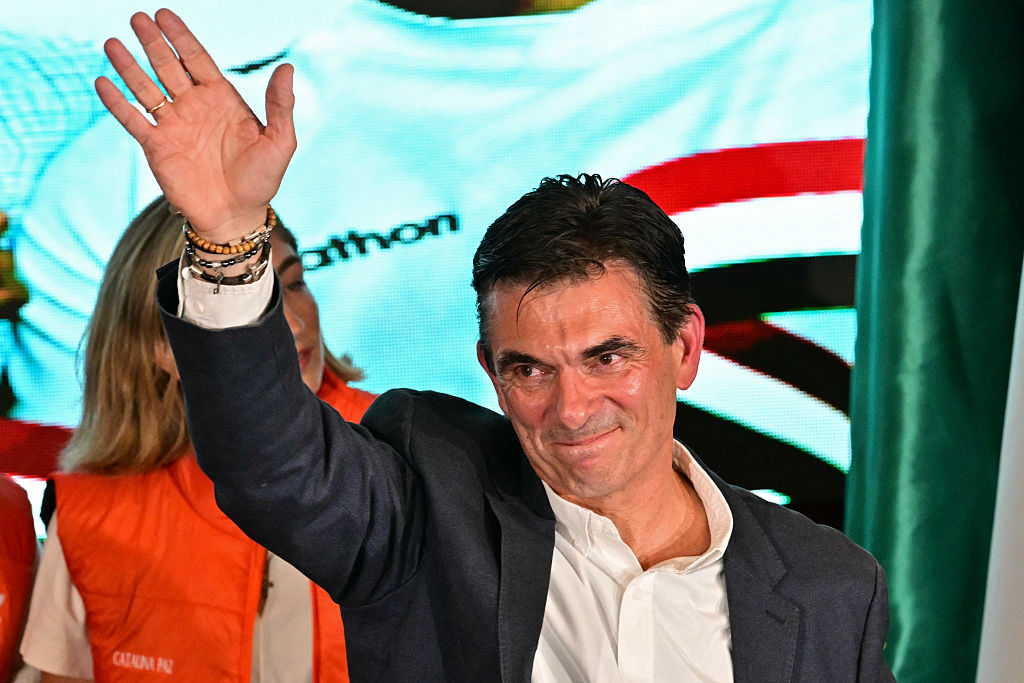






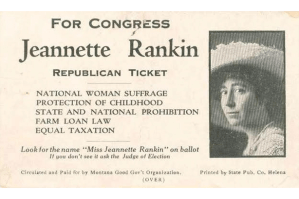
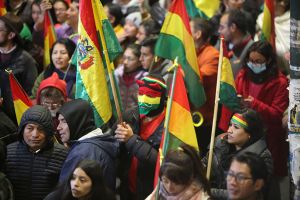
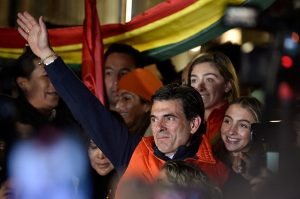
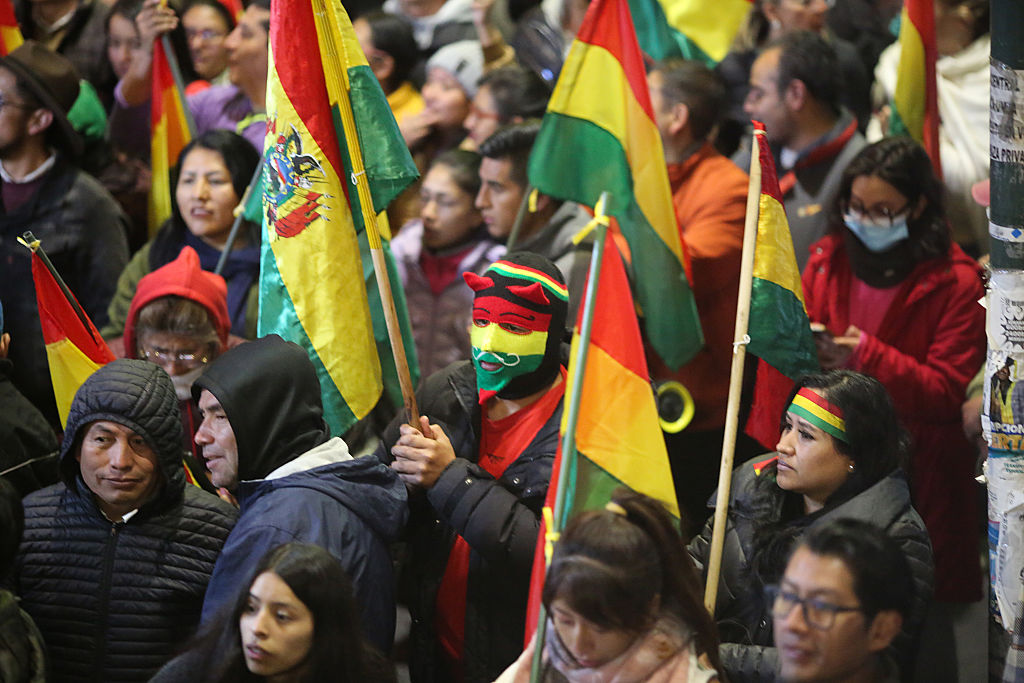

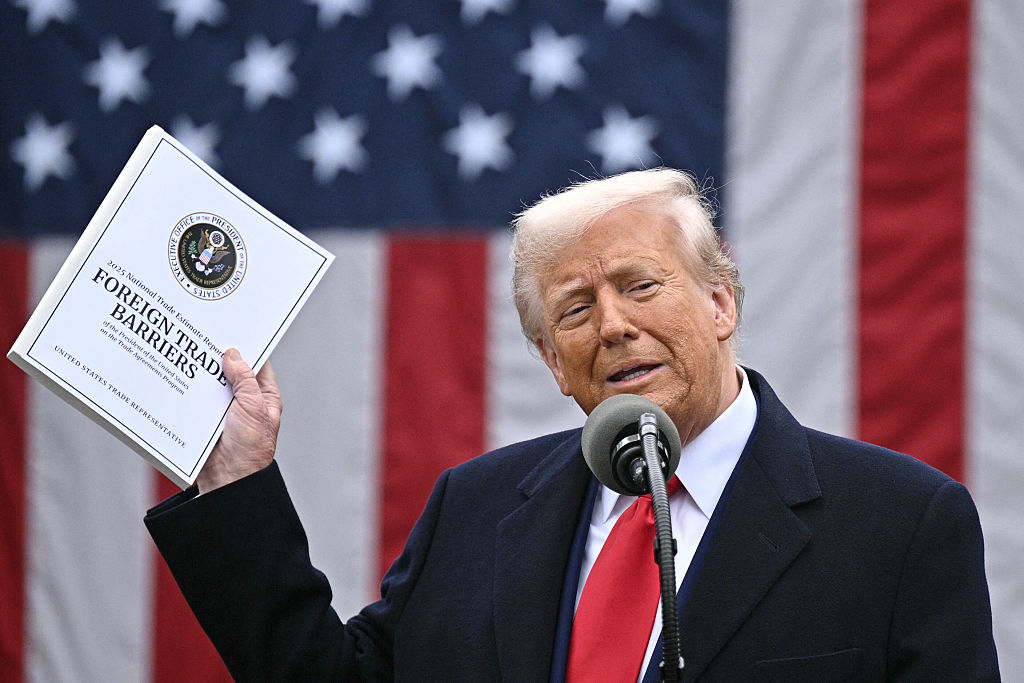

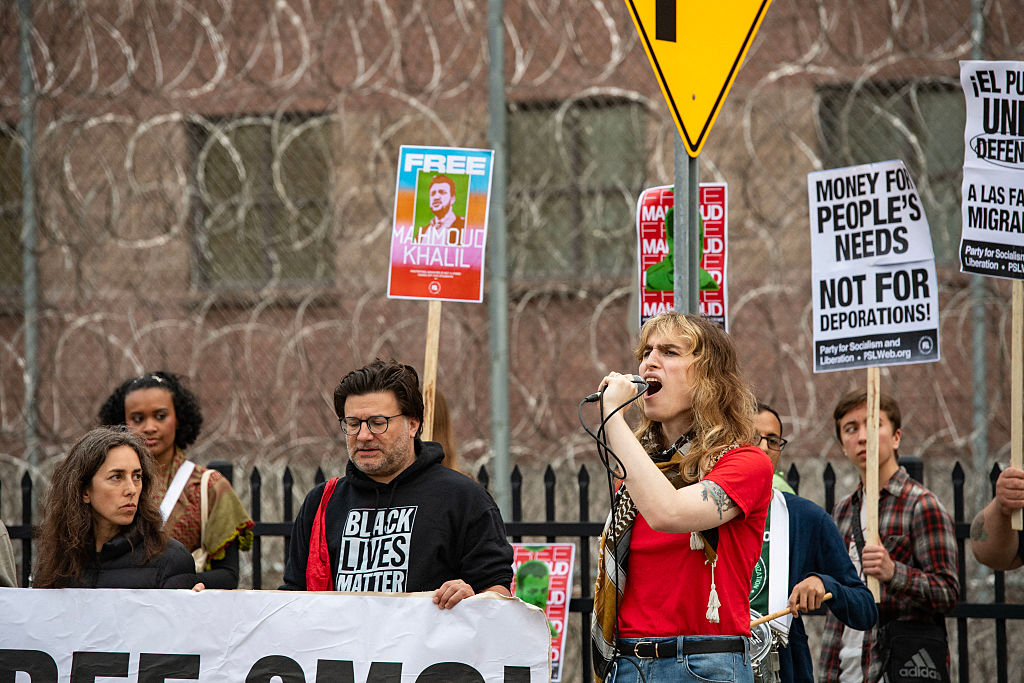
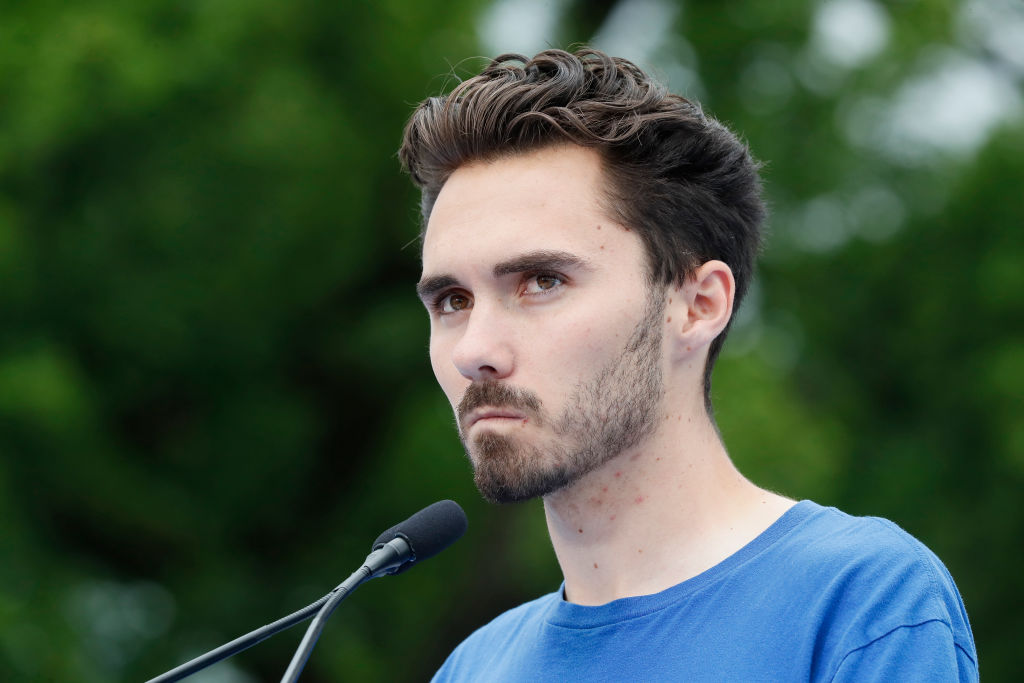







Leave a Reply